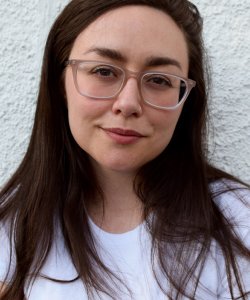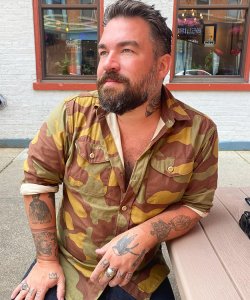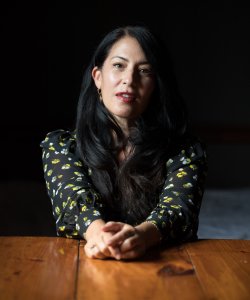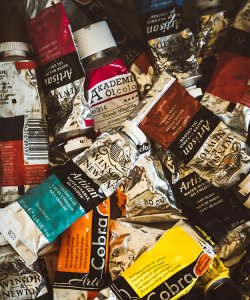Ten Questions for Caylin Capra-Thomas

“I needed to live all of the change and movement and multiplicity that the book wound up being about in order to write it.” —Caylin Capra-Thomas, author of Iguana Iguana
Jump to navigation Skip to content

“I needed to live all of the change and movement and multiplicity that the book wound up being about in order to write it.” —Caylin Capra-Thomas, author of Iguana Iguana

“A reader who truly needs these stories might not come to them for weeks, months, or even years.” —Isaac Fitzgerald, author of Dirtbag, Massachusetts: A Confessional

The author of Took House explores the importance of “strangeness” in poetry and offers a method for capturing this quality by combining two different draft poems.

Librarian of Congress Carla Hayden has named Ada Limón the next poet laureate of the United States.

“This book really fought me, or I fought it, for the first couple of years.” —Safia Elhillo, author of Girls That Never Die

The author of Took House explores a kinder approach to revision, in which language cut during one editorial process may be saved as material for a new writing project.

“Write because you want to, not to define yourself for the benefit of other people.” —Maya Marshall, author of All the Blood Involved in Love

The author of [WHITE] explores the benefits of writing to a specific audience and the risks of trying to meet the market’s imagined demands.

“I was struck by the freedom of third person, how I could roam and jump and skip around, and cozy up to characters and then back away.” —Ottessa Moshfegh, author of Lapvona

The author of [WHITE] considers how writers might take inspiration from visual artists in their approach to revision, pushing beyond surface editing to “see” their work afresh.